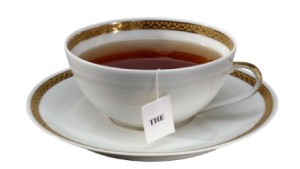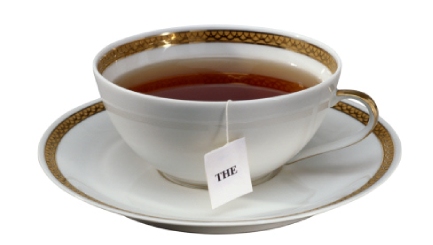How Can Black Tea Reduce Your Risk of Stroke and Tumours?
 Though classic Chinese medicine texts and licensed acupuncturists have been extolling the virtues of tea drinking for many years now, here in the West it has rarely been seen as anything more than a complementary wellness measure. However, modern research has now shown that drinking tea reduces your risk of stroke, brain tumours and ovarian cancer, whilst drinking both tea and coffee has been linked to a lower risk of tumours in your brain and spinal cord.
Though classic Chinese medicine texts and licensed acupuncturists have been extolling the virtues of tea drinking for many years now, here in the West it has rarely been seen as anything more than a complementary wellness measure. However, modern research has now shown that drinking tea reduces your risk of stroke, brain tumours and ovarian cancer, whilst drinking both tea and coffee has been linked to a lower risk of tumours in your brain and spinal cord.
And it’s not just one or two little studies either! In a study of over 74,000 people throughout a 10-year period, researchers found that drinking black tea reduces your risk of both cerebral infarction and hemorrhagic stroke. Though this evidence has come to light fairly recently, for thousands of years acupuncturists have been saying that drinking tea has strong benefits to your wellbeing.
According to Chinese medicinal history, in 200 BCE, the ‘divine farmer’, Shen Nong, discovered that tea was an antidote to over 70 poisons. These days, Chinese medicine theory says that tea helps to clear the mind, resolve headaches, eliminate toxins and benefit digestion. On the Healthcare Medicine Institute’s online acupuncture courses, students can access a long history of well-researched science documenting the benefits of tea along with the classical Chinese medicine theoretical writings from history.
A study from the Boston University School of Medicine in Massachusetts, for example, found that ‘short- and long-term black tea consumption reverses endothelial vasomotor dysfunction in patients with coronary artery disease.’ They concluded, ‘this finding may partly explain the association between tea intake and decreased cardiovascular disease events.’ Another study of over 60,000 women discovered that tea consumption is directly associated with a significantly reduced risk of ovarian cancer, whilst a study published in the American Journal of Cardiology found that black tea ‘improves coronary vessel function.’
However excess consumption of tea, or any consumption by patients with heart arrhythmias, is not recommended because its caffeine content can cause a rapid heart beat, insomnia and palpitations. Also, tea interferes with your iron absorption and lactation, and shouldn’t be used to wash down pharmaceutical medications because it may interfere with the function and absorption of certain drugs. As with all things, the key is to drink tea in moderation, according to your individual healthcare needs.


Comments are closed.